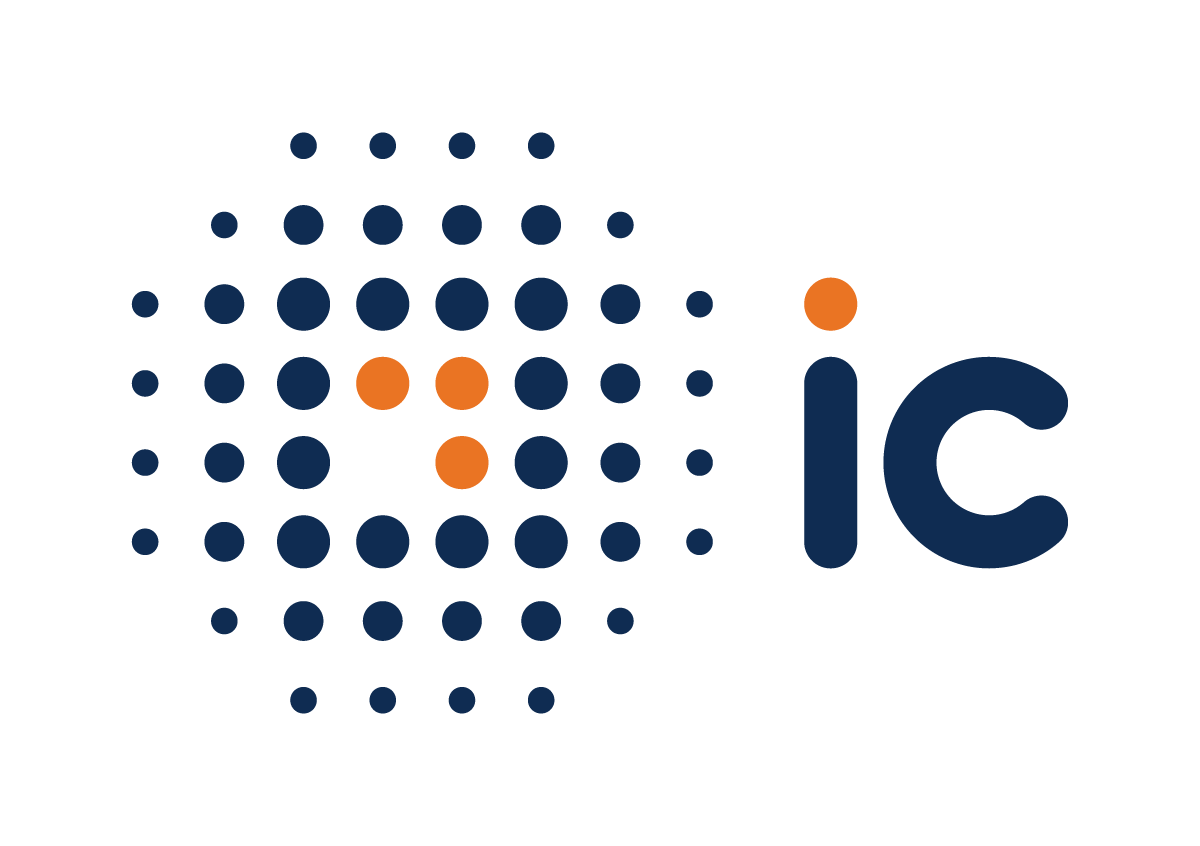Exchange Traded Funds (ETF) are investment funds that track a particular index, commodity, industry or any other group of assets. What makes ETFs unique is that they can be bought and sold on exchanges like any other asset. For example, the ABSA New Gold ETF attempts to track the performance of the international price of gold and can be bought and sold on the Ghana Stock Exchange as well as the Johannesburg Stock Exchange. Therefore, an investor who wants similar returns as gold can buy the Absa New Gold ETF.
ETFs are one of the simplest ways through which an investor can diversify their portfolio. For example, you can gain exposure to commodities by purchasing a precious metals ETF. For example, you can get exposure to gold by purchasing the Absa New Gold ETF on the Ghana Stock Exchange (GSE) without buying and storing physical gold. In times of financial uncertainty, this can be an attractive option to add to your portfolio.
Another advantage of ETFs is that they allow investors to invest in specific sectors without taking on individual company risk. For example, if you believe the healthcare sector will continue to thrive after the COVID-19 pandemic, you can purchase a healthcare ETF that gives you exposure to a wide range of healthcare stocks instead of purchasing a stock of one or a couple of healthcare companies.
The structure of ETFs also makes returns very easy to measure. The price of the ETF at every moment can be seen on the exchange on which it is listed and therefore an investor can know whether their investment is yielding returns or not. This is in contrast to an investment in a fund which would require statements or reports from the fund manager in order for an investor to know how well the fund is doing.
ETFs also provide a level of consistency and transparency in asset selection which is not possible in other funds such as active mutual funds. For example, an investor knows that an ETF that tracks a stock index will always seek to track the stock index regardless of market conditions. This allows an investor to easily understand what they are invested in at every turn. However, an active fund manager will likely be making several changes to the assets in the fund’s portfolio based on judgement and experience. And this will result in an investor who thinks they are invested in one type of security realising that they are invested in something else entirely.
One thing you should consider when evaluating an ETF is the tracking error. The tracking error refers to the difference between the returns of the ETF and the asset it is tracking. This error arises due to several factors such as trading fees, how liquid the underlying assets that a fund tracks are, and the volatility of the index being tracked. Each investor has a different level of tolerance for tracking error, but a tracking error of 200 basis points (2 percentage points) or less is usually acceptable.
If you are building a portfolio, you should consider including ETFs in it. You can call IC today on +233 (0) 308250051 or email clientservice@ic.africa and a professional will help you to get started.
Thank you for reading.

